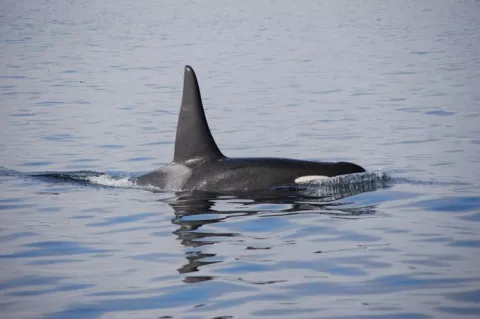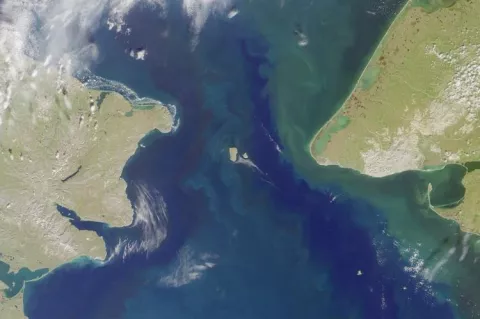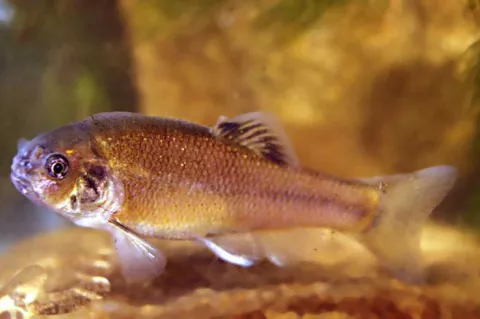Diver Fined CAD 9,000 For Swimming Too Close to Orcas
A scuba diver in British Columbia, Canada, has been fined a record 12,000 Canadian dollars ($9,250) for approaching a pod of orcas too closely.
In British Columbia, vessels must keep at least 200 meters away from orcas and in southern B.C. coastal waters between Campbell River and just north of Ucluelet, vessels must keep 400 meters away. Vessels must be at least 100 meters away from all other cetaceans.





